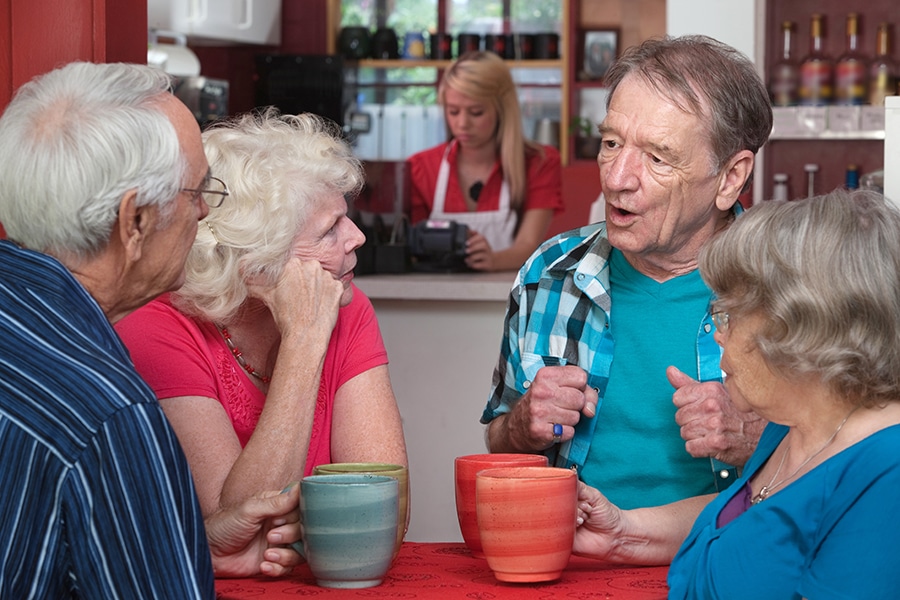 Last April I wrote about a study that looked at barriers to medication adherence. It concluded that peer-to-peer support can have a positive impact for patients and help them stay on treatment. It caught my eye because Navigating Cancer’s mission is to improve the lives of cancer patients and one of our primary areas we focus on is connecting the patient not only to their care team, but also to a community of people going through similar experiences. We often hear that patients feel isolated even if they have support of family and friends because they are experiencing something that their support system just can’t understand.
Last April I wrote about a study that looked at barriers to medication adherence. It concluded that peer-to-peer support can have a positive impact for patients and help them stay on treatment. It caught my eye because Navigating Cancer’s mission is to improve the lives of cancer patients and one of our primary areas we focus on is connecting the patient not only to their care team, but also to a community of people going through similar experiences. We often hear that patients feel isolated even if they have support of family and friends because they are experiencing something that their support system just can’t understand.
The Navigating Cancer community connect hundreds of thousands of patients and gives them a place to share their experiences, get advice and discover resources. One patient commented, “I like the discussion page. It’s awful that so many others struggle with Cancer, but there’s some small comfort to be had in reading about how long others have kept up their fight and in the encouragement they offer everyone else.” We hear sentiments like this echoed again and again via our patient satisfaction survey and they serve as a good reminder about the importance of community.
A recent article in The New York Times, Sometimes Patients Simply Need Other Patients, includes the story of a cancer survivor who connects with newly diagnosed patients to offer not only advice, but also comfort and support. The article notes that people who have experienced similar things have something unique to offer that a doctor can’t. They’ve stood in similar shoes, can answer questions and share their lessons learned. Another patient wrote in a Navigating Cancer survey response, “Not everyone is comfortable talking with others about their medical issues. This has helped me find questions that I wouldn’t have thought to ask and I like reading what others’ experiences and resolutions are and the support from others I don’t even know is amazing.”
Connecting with other patients and survivors is a powerful tool for someone who is confused or scared or depressed as they embark on a cancer treatment journey. We see it everyday in our community. If you or someone you know could use a little extra help, they are welcome at www.navigatingcare.com!
In addition to our community, Navigating Cancer’s Patient Relationship Management platform also includes powerful tools like remote monitoring to keep patients in touch with their care team, a risk-stratified triage workboard to enable the care team to provide patients in need with quick interventions when needed and disease and treatment education that is tailored to each patient and delivered right when it’s most relevant to that patient.
This extra layer of support for patients has been shown to not only impact adherence, but also survival. In a 2017 ASCO abstract, a multi-center study showed that patients who viewed treatment specific education via the Navigating Cancer platform remained on their IV treatment regimen an average of 50 days (21%) longer and had an improved one year survival rate compared to the group who did not receive the information (66% vs 53% respectively).1
To learn more about how Navigating Cancer puts the patient at the center of a holistic care model, contact us for a demo!
1 Howard, SC et al Increasing the duration and efficacy of intravenous chemotherapy using a patient centered digital education program [abstract] ASCO 2017 AB nr e18025 patients
